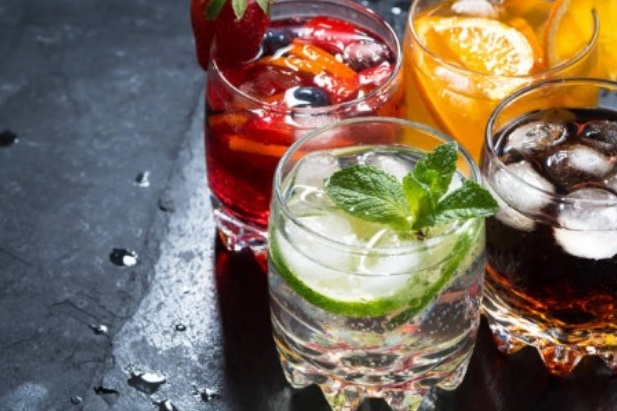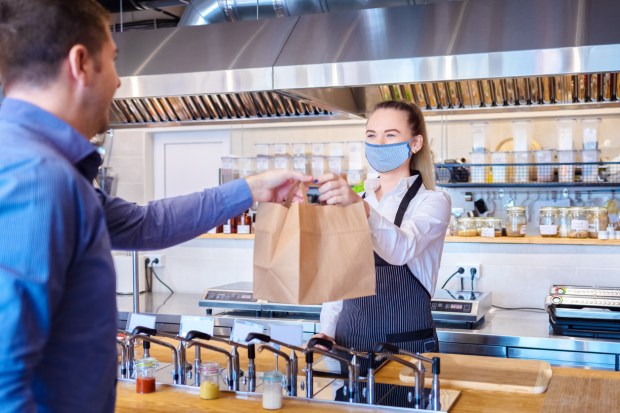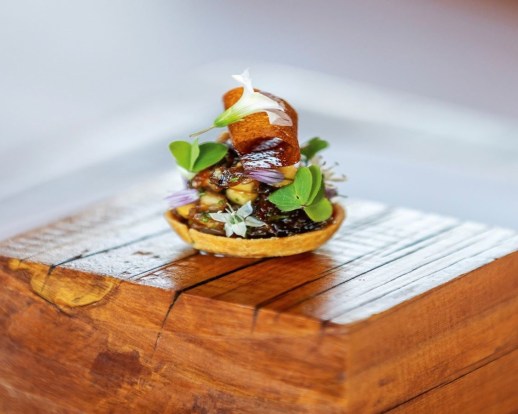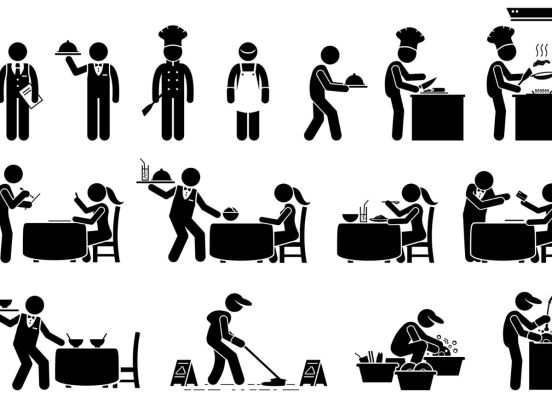Success in hospitality has always relied on keeping in tune with the latest trends and it is millennials who are calling the tune for those in the drinks industry. Research shows the popular idea of millennials as cash-poor, self-obsessed youths is not the true story. This generation of young Kiwis is particularly discerning about what they’re drinking and they’re willing to pay extra for quality. That means bar, restaurant and café owners, as well as beverage manufacturers, need to pay close attention to what millennials want. Carl Edkins, Knowledge and Insights Manager at Coca-Cola, has identified the top five trends, giving you a taste of things to come:
Sustainability matters
A recent Nielsen report showed that 62% of millennials in New Zealand would reject products due to environmental concerns. Companies who walk the talk around sustainability are immediately at an advantage. This means establishments need to demonstrate their commitment to using less water or stocking products that use glass or recyclable plastic packaging like PET.
“We’re more socially conscious consumers these days, looking for the best of everything – great packaging, quality ingredients that are locally sourced to produce the best-tasting drinks,” Edkins says.
“As well as being the right thing to do, showing commitment to sustainability, such as our ambitious goal to help collect and recycle a bottle for every one we sell by 2030, shows people you’re serious about your impact on the environment and that boosts customer engagement with your business.”
Millennials like a natural balance
Organic and natural ingredients are extremely popular, including the likes of coconut water, organic juices and tea beverages. Coca-Cola NZ[1] has seen strong growth in sales of its own Zico Coconut Water, Deep Spring Naturals and MOST® Organic juices which use locally-sourced apples. New Zealand recently became the first country in the world to launch Coca-Cola Stevia No Sugar, tapping into this trend by using a sweetener sourced from the leaf of the stevia plant.
The rise in no and low-sugar beverages and enhanced water also illustrates the desire for greater control over what we’re putting in our bodies and the trend shows no sign of slowing. Edkins calls it a “global mega-trend”, saying tea, with its natural antioxidants, is going to play a larger part in the future. The emphasis, however, is on choice and balance.
Quality beats quantity
Edkins thinks the emphasis in the drinks trade is shifting to premium beverages that suit people’s mood in the moment. While millennials still want good value, they see that value differently.
An Australian study shows 60% of millennials are willing to dig deeper into their pockets for a more quality product. With incomes generally lower than their parents’, millennials want the best experience for their money – and their market share is set to swell 10% by 2021.
Edkins sees the next big opportunity for the New Zealand drinks industry being the “sophistication” market, allowing people to express their individualism by choosing products with more niche flavours. Sour over sweet, like we’re already seeing with drinking vinegars, unusual taste combinations like chilli and lime L&P, Coke Ginger trialled in summer 2016 or the most recent Coke Raspberry.
Bars and cafes that offer a wide range of exotic, as well as natural drinks choices could reap the benefits.
Portions are shrinking
More individualism also translates to individual portion sizes.
“Hospitality’s not a high-volume game anymore,” says Edkins.
“People are more concerned about presentation over volume. Kiwis recognise that a good experience requires you to pay a bit more, and the best experiences aren’t always the biggest.”
Think individual glasses over pitchers and smaller bottles over 2L family sizes and multi-packs.
Millennials are drinking less alcohol
While some millennials are showing their individualism through fine wines and craft beers and ciders, they’re drinking less than their parents and grandparents’ generations. Across the UK and Australia, alcohol-free bars are starting to appear, including a “mindful drinking” movement called Club Soda, which promotes non-alcoholic cocktails. Late-night ice cream parlours are booming in the UK, offering an alcohol-free place to meet for young adults and teens who for cultural or other reasons aren’t comfortable in environments serving alcohol.
Some believe this may be the result of generational backlash against what their parents did. There’s also the fact that many millennials now have children and larger mortgages than their parents. Whatever the reason, millennials no longer seem to feel as pressured to choose something alcoholic to make themselves look sophisticated.
“While we have a smaller market and therefore fewer opportunities for niche outlets, there’s still a lot of potential for local bars and restaurants to follow the overseas trend,” Edkins says.
“It doesn’t have to be either/or. Young people still enjoy alcohol, but they’re increasingly choosing non-alcoholic beverages as well to moderate their intake, just as they’re doing with sugar.”
[1] Coca-Cola NZ consists of Coca-Cola Amatil NZ and Coca-Cola Oceania








